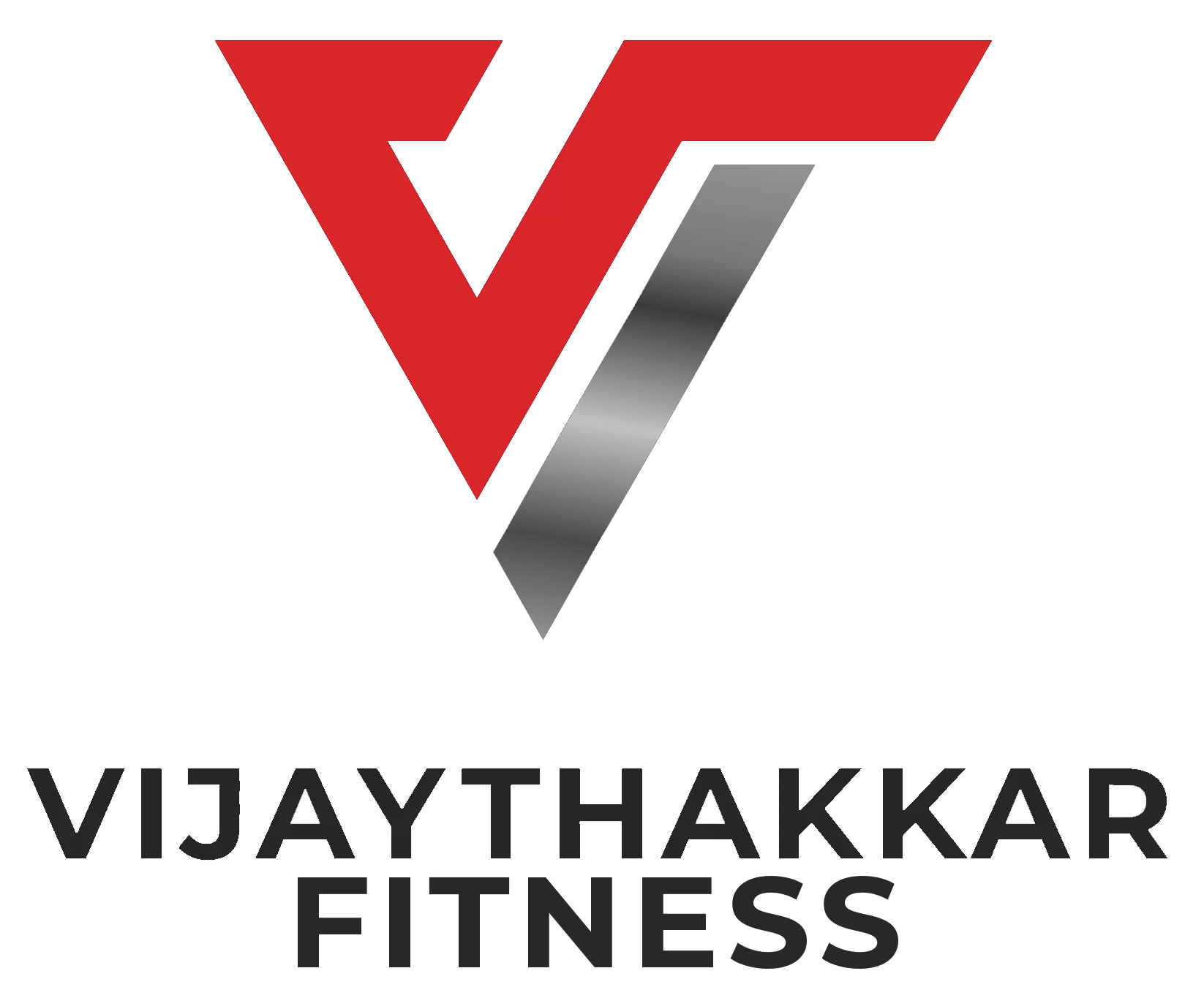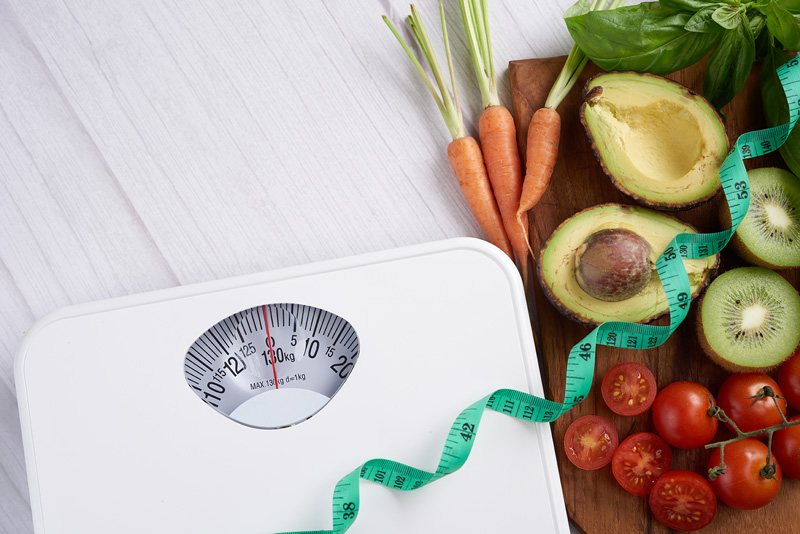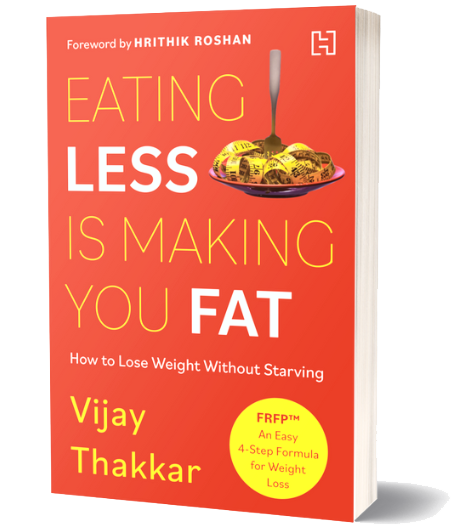If you’re someone who has ever tried losing weight, then you must have come across this word, Fasting, a million times! Maybe one of your friends would be doing intermittent fasting, maybe a neighbor would be observing a religious fast or maybe your body itself might be telling you it does not feel like eating. But have you ever pondered, could your unwillingness to eat might be a sign that your body wants you to fast?
So, What is Fasting exactly?
What do you do when you’re tired of working the entire week? You take a break!
Then don’t you think that your body might also need this break as it has a lot of nutrients stored to process? That’s exactly how you can define this practice simply.
The easiest way to understand it is not eating or almost not eating for a certain amount of time. Sometimes it’s also paired with avoiding liquid diets in a shorter format. You may observe a Fast anywhere in between 12 hours to 24 hours or can go on for days depending on the type of diet plan you are following.
Heritage & Cultural Dominance:
This habit of cutting out on food for a limited time has been prevalent in our world for a very long time. In most Middle Eastern & Asian countries, you’d see it also holds a cultural and religious importance.
For instance, followers of Islam observe Roza for about 17-18 hours per day for a month every year, in Hinduism, people observe Upwas for 24 hours or in small sets during shivratri and Karwa-chauth, while Greek orthodox Christians observe different kinds of fasts all over the year.
How does Fasting work?
When you’re not eating for a while, the level of blood glucose in your body declines which results in a decrease in the production of insulin, and thus your body starts burning out the stored energy (carbohydrates). Generally, after about 12 hours, your body runs out of all the stored energy resulting in burning fats. This helps with weight loss and slows down obesity.
In layman terms, it’s a very simple theory, the more evenly distributed your meal time would be, the better your body will be able to digest and absorb the nutrients needed. So while you’re fasting your body gets an open window with a long duration, the body starts absorbing the stored energy and eventually when it runs out, it starts burning fats to keep the functioning going smoothly until you give it new food again which results in slow, steady and monitored weight loss. Many scientific researches back the theory that it helps with Weight loss.
Why should one Fast?
Fasting is not harmful to the human body, rather it has multiple health advantages. The idea is to train your body to achieve a point at which hunger doesn’t bother you and all that you consume is absorbed by the body to its fullest and hence, undoubtedly, one of the most popular reasons is also weight loss. There are also signs from your body that it needs a break in forms of bloating, acidity or stuffiness.
However, losing weight is not the only benefit it has. It’s extremely promising for our health.
- It may help in enhancing Heart Health by improving Blood Pressure, and Cholesterol Levels.
Heart Health is one of the most common reasons for aging and heart diseases are the most frequent contributor to the death chart. Research has shown that fasting detoxifies your body and helps in maintaining heart health.
In addition, a study done on 4,629 people associated it with a lower risk of coronary artery disease, as well as a significantly lower risk of diabetes, which is a major risk factor for heart disease.
(Link to study – https://www.ncbi.nlm.nih.gov/pmc/articles/PMC2572991/)
- It fights inflammation and promotes better health
As we already know that acute Inflammation is a normal process used by our body to fight off infections but have you ever wondered what dangers may lay ahead if the inflammation in our body becomes chronic? Truth be told, it can even lead to development of heart diseases or cancer.
But not to worry, Fasting is one of the easiest ways to control levels of inflammation in your body in a speedy manner.
- It Aids Weight Loss by Limiting Calorie Intake and Boosting Metabolism
As discussed above, it also limits your calorie intake and boosts metabolism which results in faster weight loss. There are different types of fasting that directly promote this theory, especially the one called “Calorie Restriction” which is a type that eliminates calories from one’s diet for a few days every week.
- It helps in Increasing Growth Hormone Secretion important for Growth, Metabolism, Weight Loss and Muscle Strength
Human Growth Hormone levels rapidly increase while you’re not eating which is why fasting increases growth rate, weight loss, muscle strength and metabolism. Norepinephrine is also another very important hormone that converts stored glucose and fats into energy for your organs to continue to function well and get ceaseless energy even during complete food abstinence.
What are the various types of fastings?
As you must have read above, It is a process that different people observe in different formats and not all formats suit every individual. Scientifically, the complete abstinence of consumption of foods rich in protein and carbs promotes the hormonal environment of removing energy from their stored deposits into usable form in the body; that’s the typical environment influenced by fasting conditions. However, most people tend to prefer different protocols and distinct methods are observed around the globe on what to eat during fasting. Hence, there are a few globally acclaimed formats that do work for people more often and are easily executable.
- Water Fasting: This can go on for 2-3 days, at times people do it extensively under medical guidance for a week. The idea is to only drink water and have no solid food. Since our organs use water to function, a water specific diet for more than 48 hours generally helps in increased supply of oxygen to every organ and cleans the kidneys to give you radiant skin as an added advantage.
- Juice Fasting: Just like the above, this type only entertains Vegetable or Fruit juice intake in the body and may be observed for a day to a week, however it’s not recommended to fast for larger windows without a professional’s help. This helps to clear out your organs of extra flabbiness that the solid food provides.
- Intermittent Fasting: You basically eat nothing or very limited food. This may again last from a few hours to a few days. The only difference that makes this one the most popular kind is that you can resume your normal diet on the days you’re not fasting and the results are much better and faster compared to others.
- Partial Fasting: This one eliminates your intake of processed food, animal products, caffeine or certain drinks from your diet for a fixed set of time. Its basic task is to help you detoxify your body. It is generally used to start the cycle of any kind of fasting to get your body prepared for heavier fastings like intermittent or water fasting.
- Dry Fasting: This one involves Cutting out on water and food completely for several hours, mostly 15 to 17 hours. Muslims observe this method during Ramzan which is named as Roza.
- Calorie Restriction: If you’re a fitness freak, chances are, you’re already doing this. Here your calorie intake is restricted for a few days every week which helps with quicker weight loss and prevents heart diseases & diabetes.
So in all, Fasting is one of the most beneficial health practices that helps in multiple bodily functions one suffers to control overtime. People generally choose to do it to achieve greater results in a shorter period of time and you can achieve it too with proper guidance.
As long as you satisfy your Human Health Tripod, your body will be able to see better growth and fight off diseases on its own. It’s one life and there is no way one should compromise on its quality and thus, you must start taking action in the right course of betterment of your health today.
You can download my Ebook from the website to guide you better towards understanding your first right goal towards a healthy lifestyle or you can simply book a consultation session with me. Let’s together find out if your body requires any kind of fasting and if yes, what all should you do along with it to attain better results.








